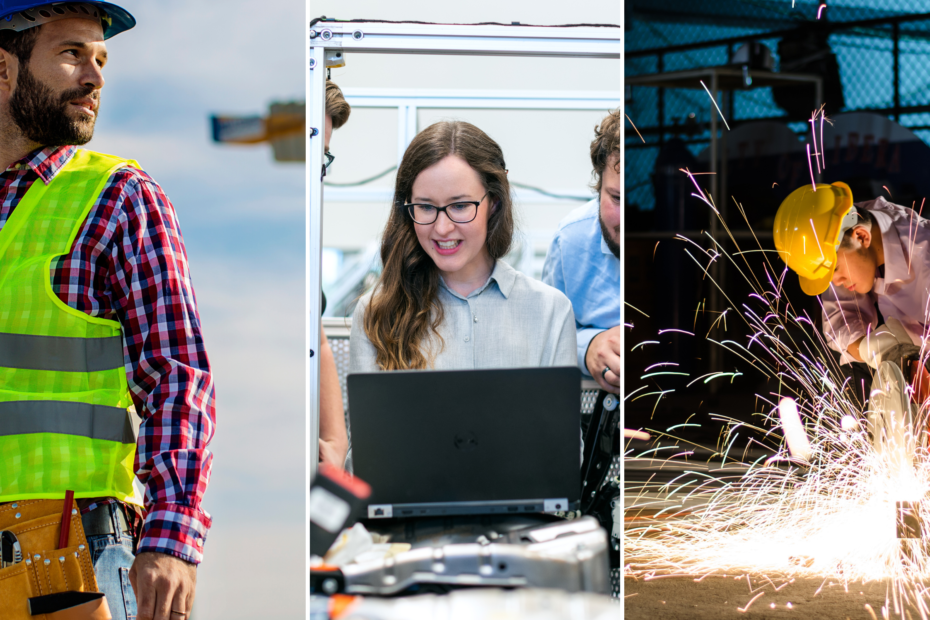Collaborating across people, process and technology will drive change
This project looked at how and where the diverse members of the transport infrastructure sector must work together to ensure that good quality data is collected and used – so that positive change can be affected for future projects and assets.
Significant amounts of data are being collected but its usefulness is limited by the fact that it is inconsistent, patchy and often not accessible by clients because it is held within supply chain members. To overcome this siloed and protective approach, change is necessary across three areas: people, process and technology.
People are central to achieving collaboration between the diverse stakeholders in the transport infrastructure sector which in turn will drive standardisation and cultural change. Collaboration should be vertical – from client down through tier one suppliers into the supply chain – and vertical, between peer suppliers.
To help drive collaboration, the programme has established seven communities of practice (CoPs): cost, schedule and productivity; quality; carbon; materials and waste; biodiversity and natural capital; social value. The CoPs are charged with carrying the benchmarking practices through so that they can be used to inform future decision on assets.
New processes have been laid out through work in other projects, with a set of metrics created that will allow meaningful benchmarking across the many stages of an asset’s life – if data is diligently collected and shared. Another project set out a set of protocols on exactly how to collect the data.
The third leg of change comes through technology. The programme has initiated the development of a central digital repository through which data can be shared, accessed and analysed. Artificial intelligence (AI) could be used to mine such data, gaining faster and better insights, a possibility investigated by another sister project.
Once change is underway across these three interlinked areas, the value of collecting good, clean data will become more apparent, which should motivate organisations to keep improving how they do it: a virtuous circle.

